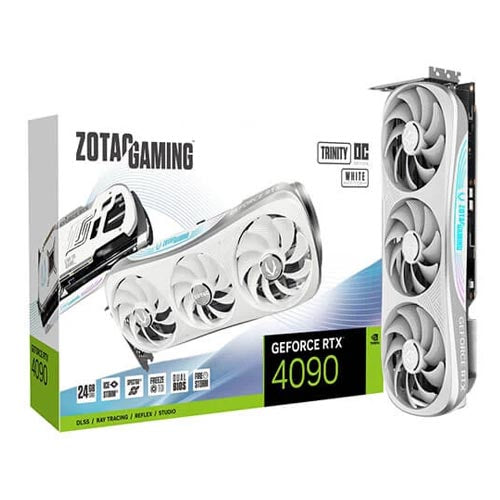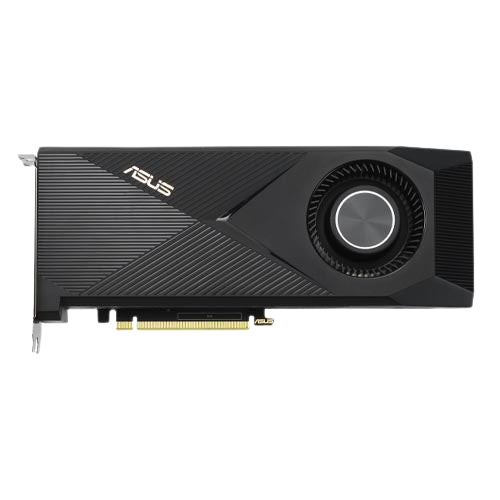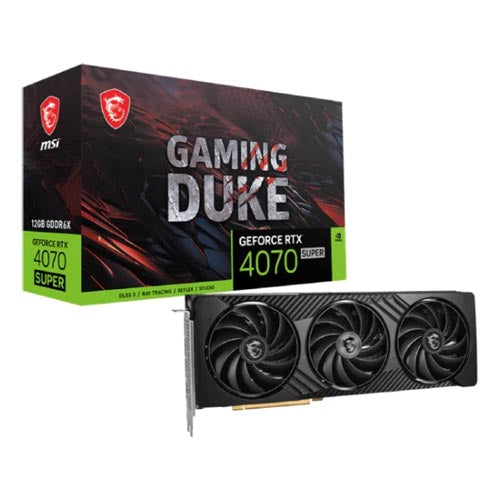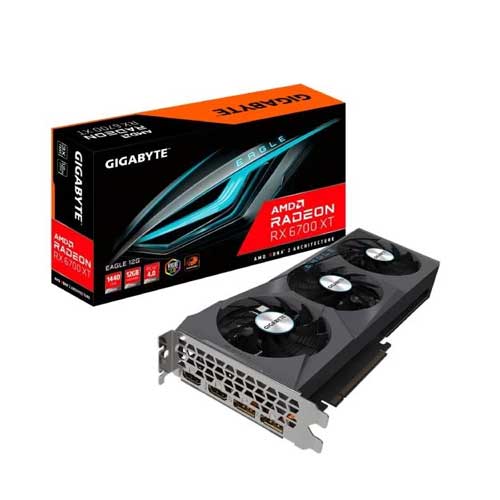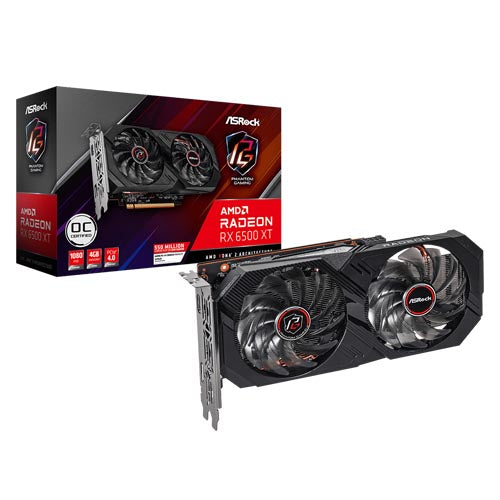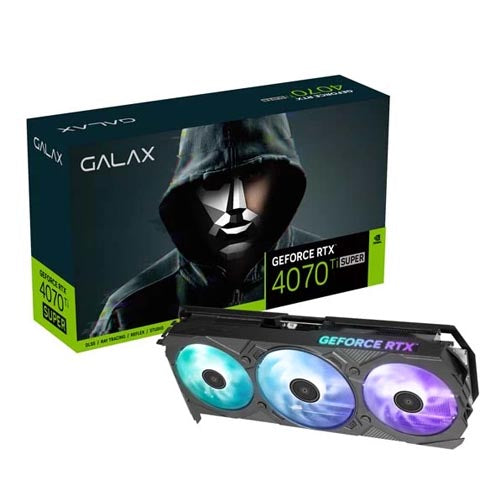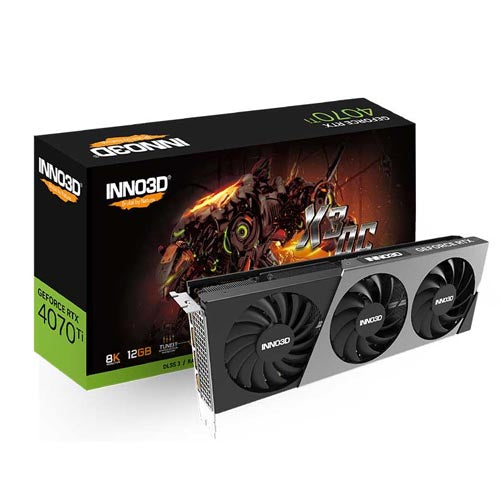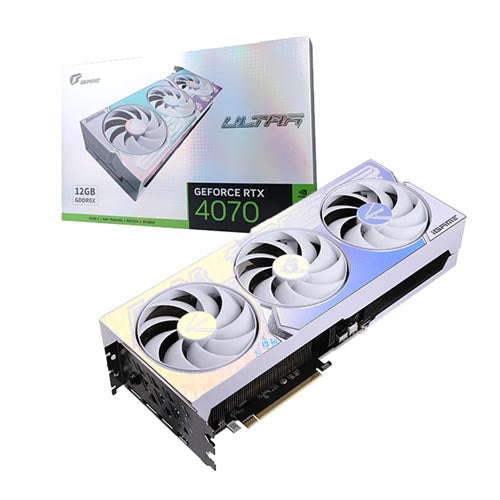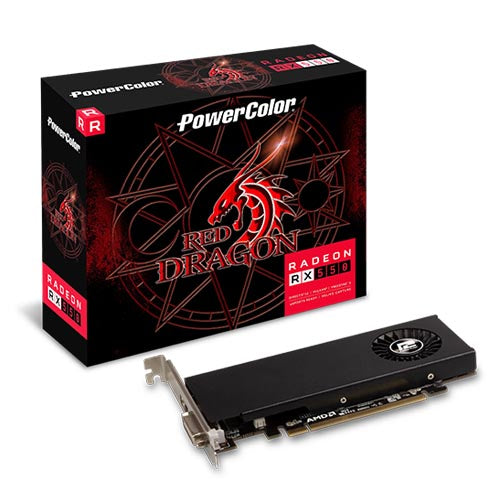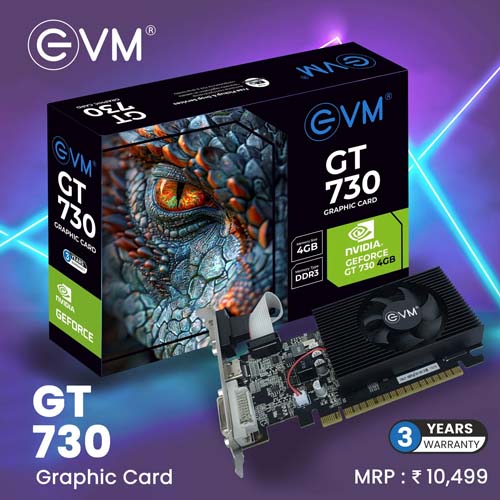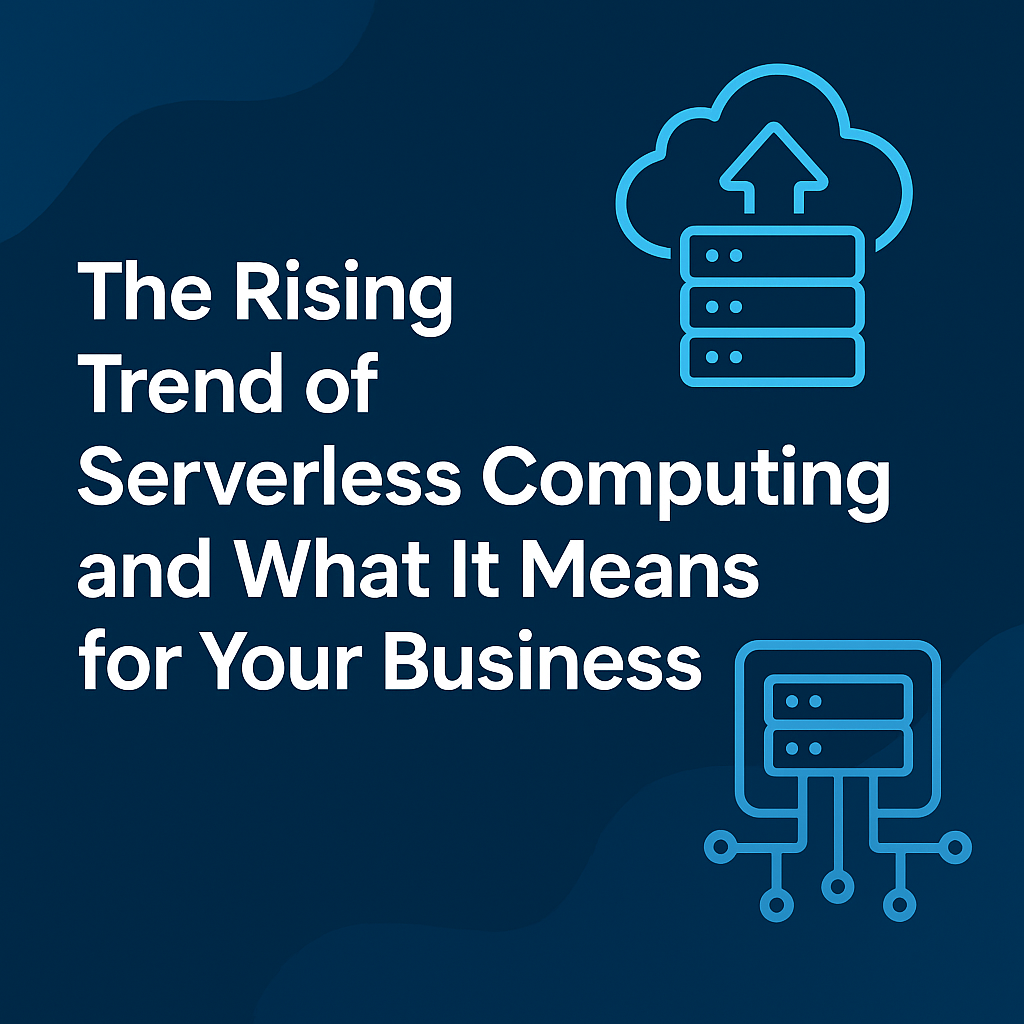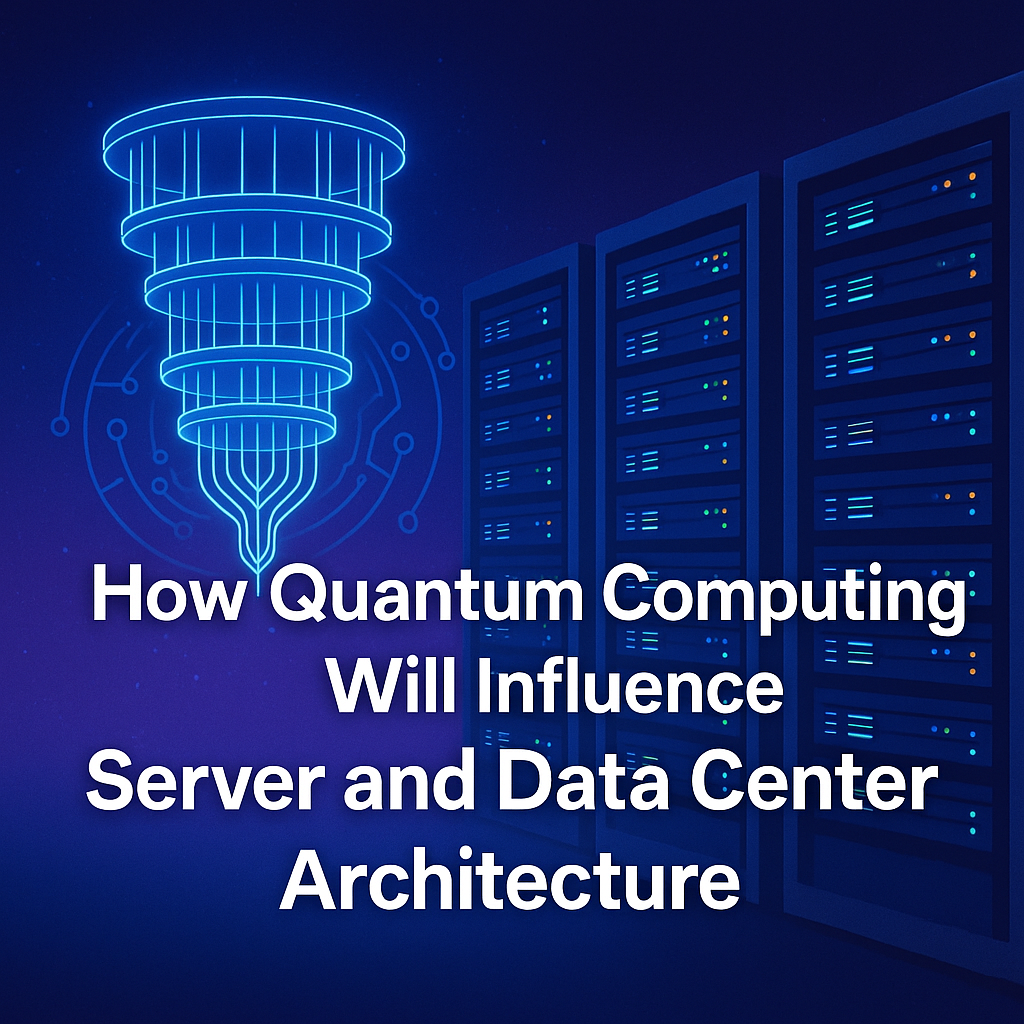
The backbone of modern digital business lies in its IT infrastructure—and at the heart of this infrastructure are servers. Servers power everything from databases and CRM systems to AI applications and e-commerce platforms. In today’s competitive environment, the choice of server hardware can determine how fast, secure, and scalable your operations can be. That's why leading server brands are not just a preference, but a necessity for serious businesses.
In this blog, we will explore the technical advantages of choosing servers from trusted global brands like Dell, HPE, Lenovo, Cisco, and Supermicro. We'll break down how these brands differentiate themselves in terms of reliability, performance, security, and total cost of ownership (TCO), and why businesses should care.
The Role of Servers in Enterprise IT
Servers are specialized machines designed to manage, process, and store data for multiple users and systems. They serve a wide array of applications including:
- Web and email hosting
- Virtual machines and containers
- High-performance computing
- Enterprise storage and backup

As businesses grow, they need servers that can scale efficiently, operate reliably under heavy workloads, and integrate seamlessly with other systems. This is where brand-name enterprise servers shine.
Key Advantages of Leading Brand Servers
To meet the performance, reliability, and scalability demands of modern enterprises, top-tier server brands offer unique hardware and software innovations. These technologies ensure mission-critical workloads run smoothly, efficiently, and securely.
1. ECC Memory for Data Integrity
Error-Correcting Code (ECC) memory automatically detects and corrects data corruption at the hardware level. This is essential for maintaining system stability in applications like databases, virtualization, and real-time analytics, where even a single bit error could result in serious consequences.
2. Redundant Power and Cooling Systems
Servers from Dell, HPE, and Lenovo typically include dual power supplies, redundant cooling fans, and thermal management technologies. These features keep the system operational even if one component fails, thereby maximizing uptime and ensuring business continuity.
3. Hot-Swappable Drive and Component Support
Enterprise servers enable components like hard drives, fans, and power supplies to be replaced without shutting down the system. This is especially beneficial in 24/7 data center environments, where uptime is paramount.
4. Latest Generation CPUs and Memory
Top server models come equipped with the latest Intel Xeon or AMD EPYC processors, supporting high core counts and massive memory bandwidth. These CPUs deliver fast compute speeds for workloads like machine learning, analytics, and virtualization.
5. NVMe SSDs and Hybrid Storage
Branded servers leverage ultra-fast NVMe SSDs for high IOPS (input/output operations per second) and lower latency. Hybrid configurations combine SSD and HDD to optimize both performance and storage capacity.
6. Integrated GPU and Accelerator Compatibility
Support for NVIDIA GPUs and FPGA accelerators is built-in, enabling the use of these servers for AI/ML training, inferencing, and video processing. GPU compatibility is crucial for applications requiring high throughput, such as image recognition or real-time analytics.
7. Modular and Scalable Architecture
Most enterprise-grade servers are modular, meaning businesses can upgrade CPUs, memory, storage, and networking without replacing the entire system. Rackmount, blade, and tower options also ensure deployment flexibility.
8. Hardware-Level Security
Leading brands include embedded security features like:
- Dell iDRAC Secure Boot: Ensures BIOS integrity and prevents tampering
- Lenovo ThinkShield: Offers secure erase, intrusion detection, and BIOS recovery
- TPM 2.0 Modules: Provide secure encryption key storage and authentication
9. Intelligent Management Software
Remote management tools allow administrators to monitor system health, deploy updates, and troubleshoot issues from anywhere:
- Dell OpenManage
- HPE Integrated Lights-Out (iLO)
- Lenovo XClarity These tools reduce administrative overhead and increase operational efficiency.
10. Comprehensive Global Support
Branded servers come with extensive warranties, on-site service, and global replacement part availability. This ensures reduced downtime and quick recovery in case of hardware failure.
Conclusion: Strategic IT Investment
Investing in leading brand servers is not just a matter of purchasing hardware—it's a long-term strategic decision that directly impacts your business continuity, operational efficiency, and growth potential. Enterprise-grade servers from brands like Dell, HPE, Lenovo, and Cisco offer unmatched reliability, robust performance, advanced security, and seamless integration with modern technologies. These attributes collectively reduce downtime, lower total cost of ownership, and future-proof your infrastructure.
In a competitive digital landscape, the cost of server failure can be massive—lost revenue, damaged reputation, and operational setbacks. By choosing trusted server brands, you ensure that your business is equipped with the stability and support needed to scale efficiently and securely.
